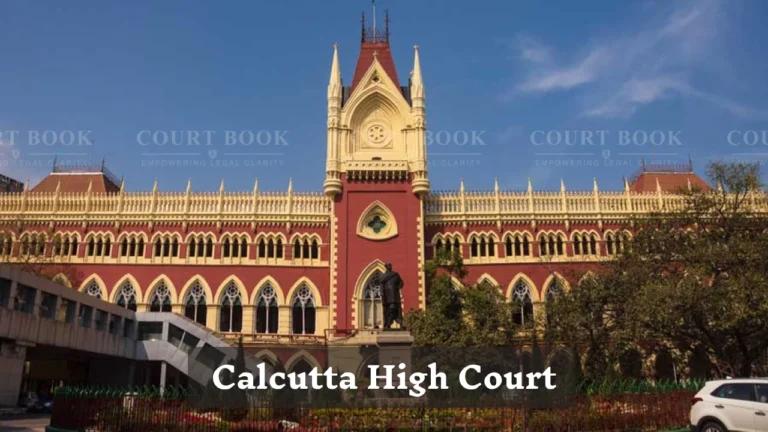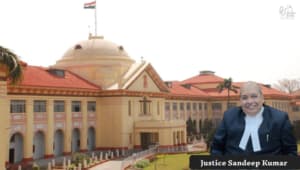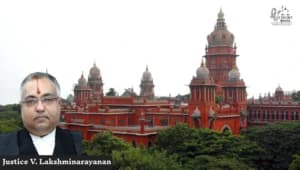The Calcutta High Court has asked the Union government, the Delhi government, and the State of West Bengal to file detailed affidavits in a habeas corpus plea concerning the arrest and deportation of a Bengali-speaking family from Birbhum district. The plea was filed by the relatives of the deported individuals, who alleged unlawful detention and forced deportation by the Delhi Police.
A division bench comprising Justice Tapabrata Chakraborty and Justice Reetobroto Kumar Mitra issued the direction while hearing the plea marked as WPA(H)/51/2025 in the case titled Amir Khan vs Union of India and Others. The court took note of the fact that similar proceedings were already underway before the Delhi High Court. However, this information had not been disclosed in the pleadings filed before the Calcutta High Court.
Parallel proceedings before another High Court must be disclosed. Suppressing such details misleads the court,"the bench remarked while expressing displeasure at the concealment.
The counsel for the petitioners informed the court that after the plea was filed, the Delhi Police also detained other relatives of the petitioner but later released them. This raised further concerns about the legality of such detentions.
The counsel representing the Delhi Police and the Union government argued that since similar facts were already being examined by the Delhi High Court, the Calcutta proceedings were unnecessary and could be dismissed. However, the bench refused to dismiss the matter at this stage and instead sought comprehensive affidavits to clarify the facts and determine whether lawful procedures were followed.
Senior Advocate Kalyan Bandopadhyay, appearing for the State of West Bengal, argued that the main question was whether the detained persons were Indian citizens or not. He urged the court to include in the affidavits details about the total number of Bengali-speaking individuals detained and deported so far.
Read Also:-Calcutta High Court Quashes Salary Recovery Order Issued After 18 Years Due to Administrative Error
Who will decide (to detain)? The appropriate authority is not the police or constable. You cannot pick up someone just because they are speaking Bengali. There are procedures. These three or four cases are very alarming, Bandopadhyay submitted after the bench dictated its order.
In response, Deputy Solicitor General submitted,
“After the Pahalgam attack, people in Kashmir were also rounded up, everyone was released. People speaking Bengali were not picked up and deported. Hundreds were rounded up, but most were released.”
The court noted the concerns raised by both sides but emphasized the need for clarity and proper documentation. The bench then directed all parties involved to file their affidavits and adjourned the matter to a future date for further hearing.
The proceedings have triggered significant attention, especially regarding the legal procedures followed in identifying and deporting individuals based on language or suspected citizenship status. The case underscores the importance of due process and the role of competent authorities in such sensitive matters.
Case No: WPA(H)/51/2025
Case: AMIR KHAN VS UNION OF INDIA AND ORS















